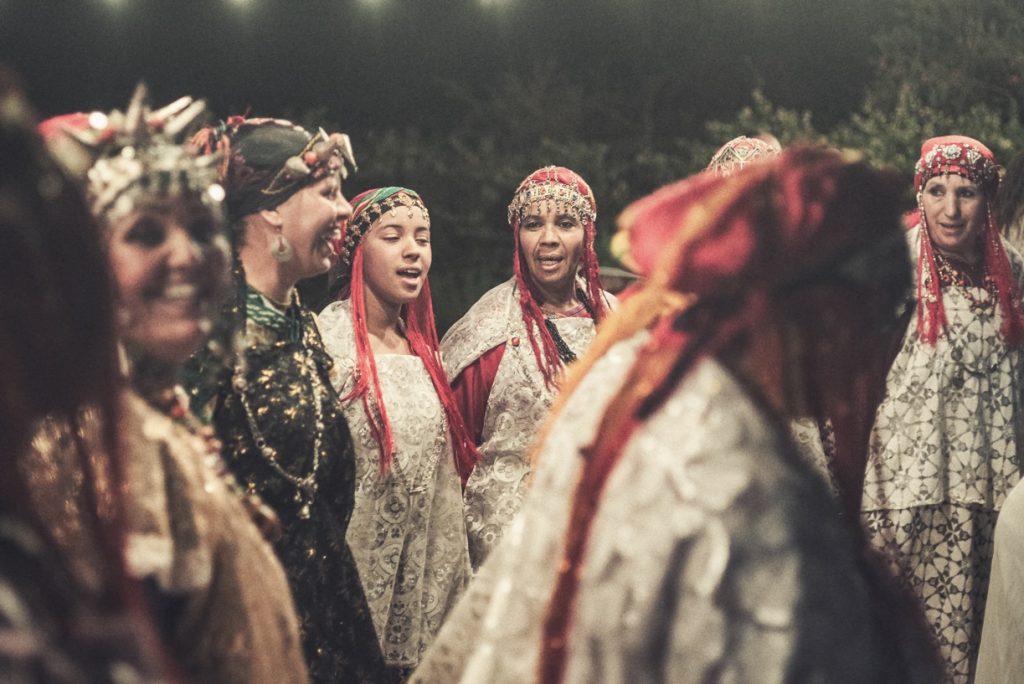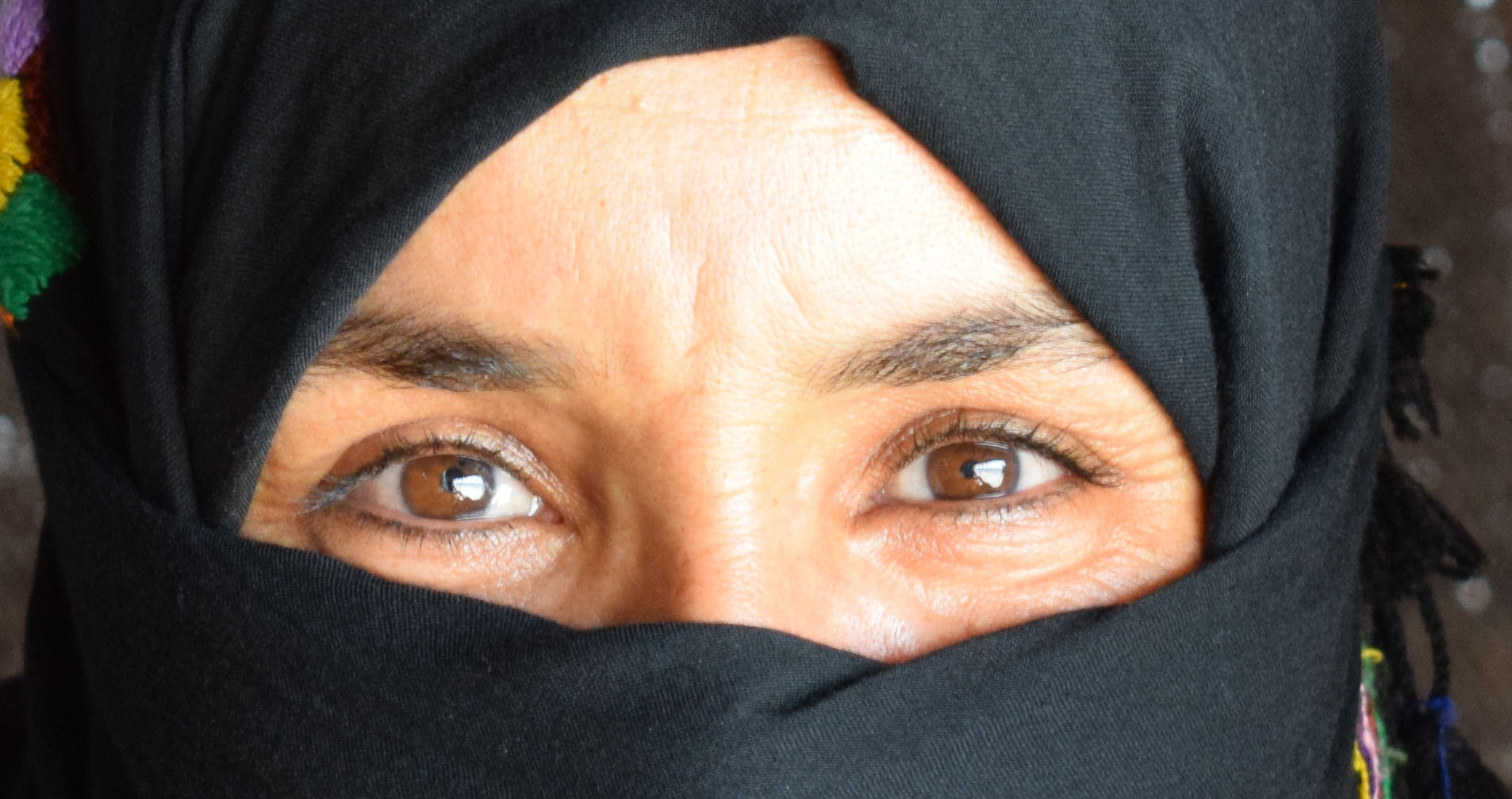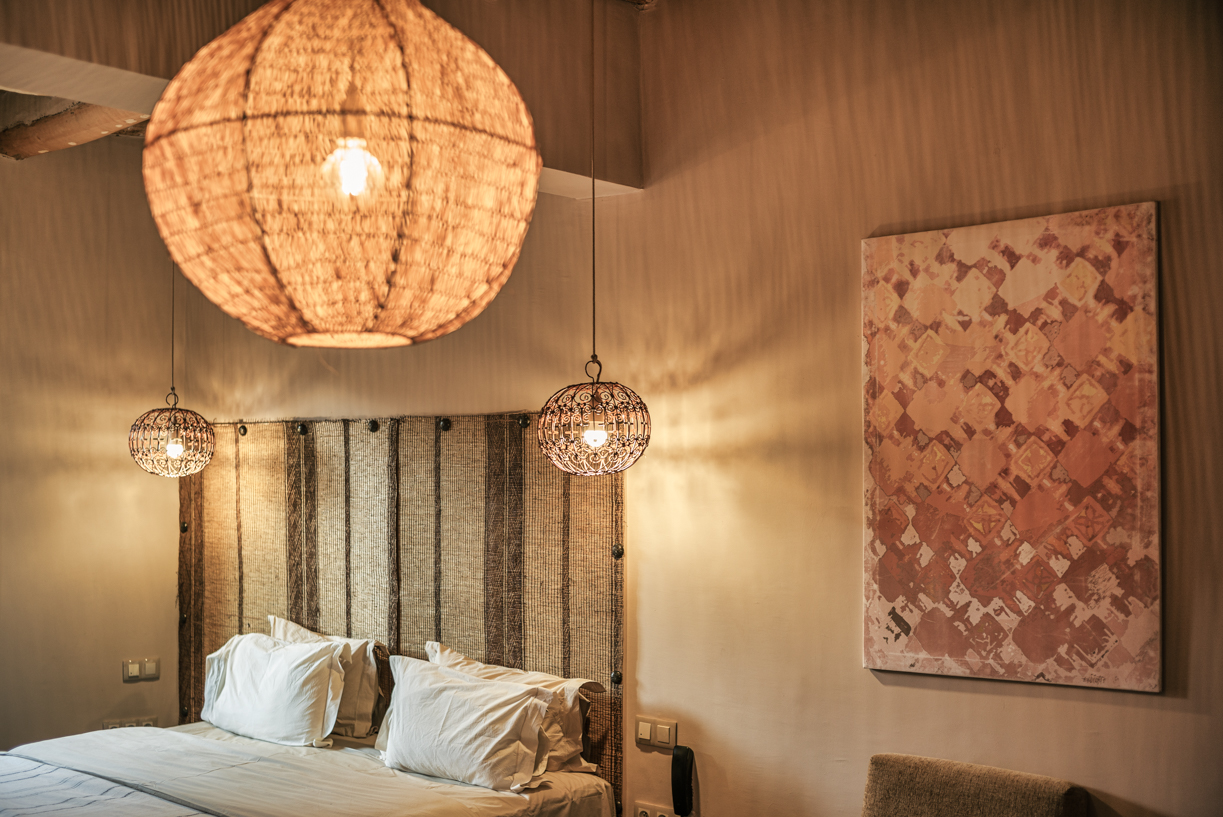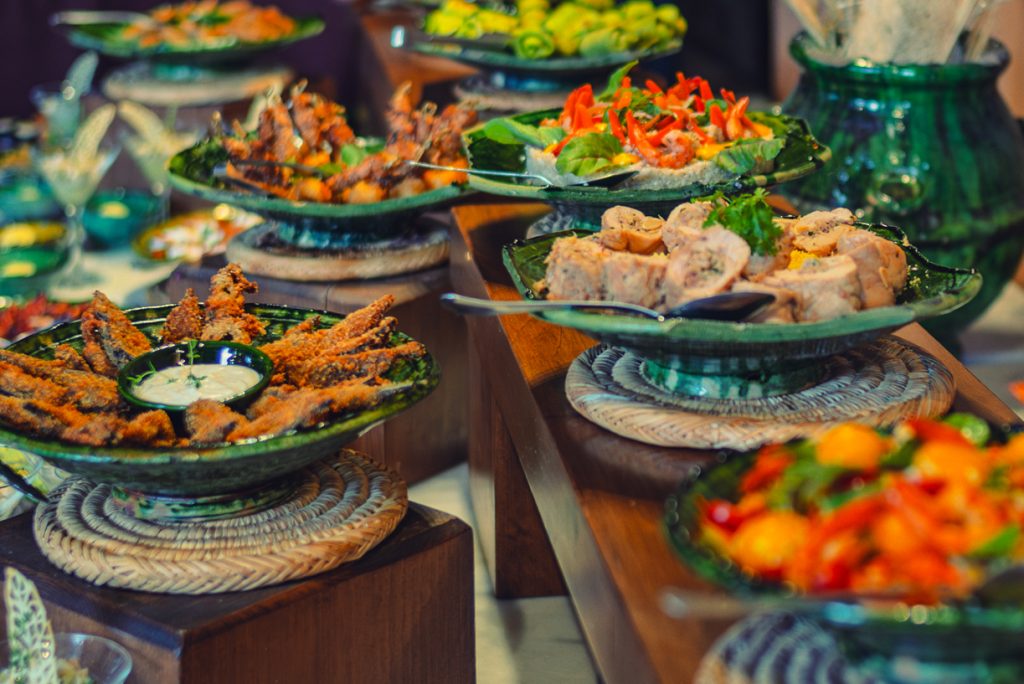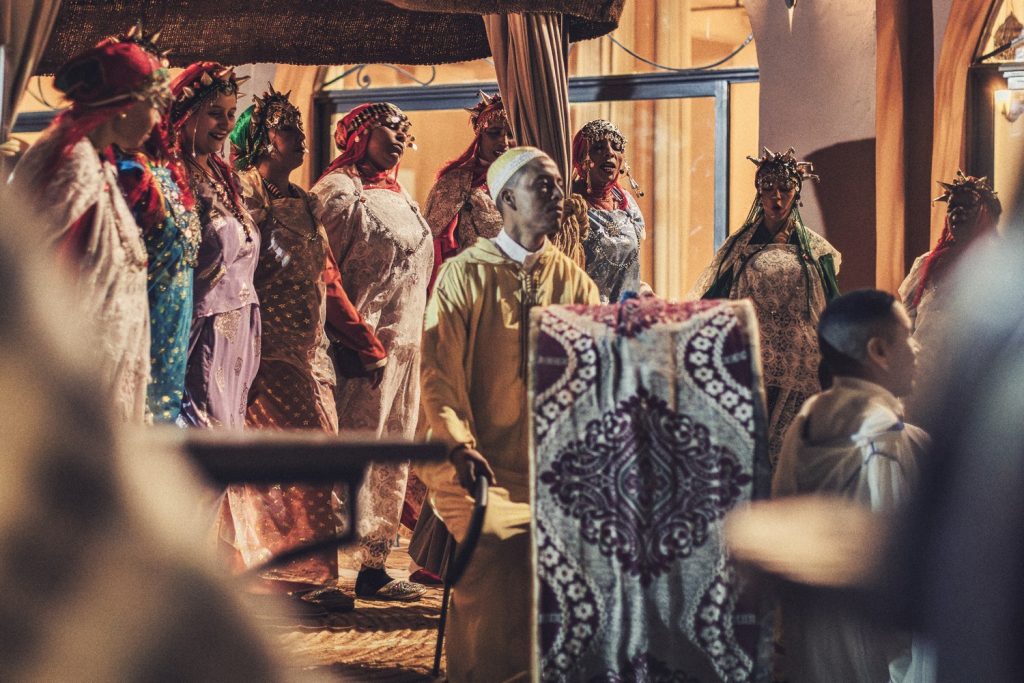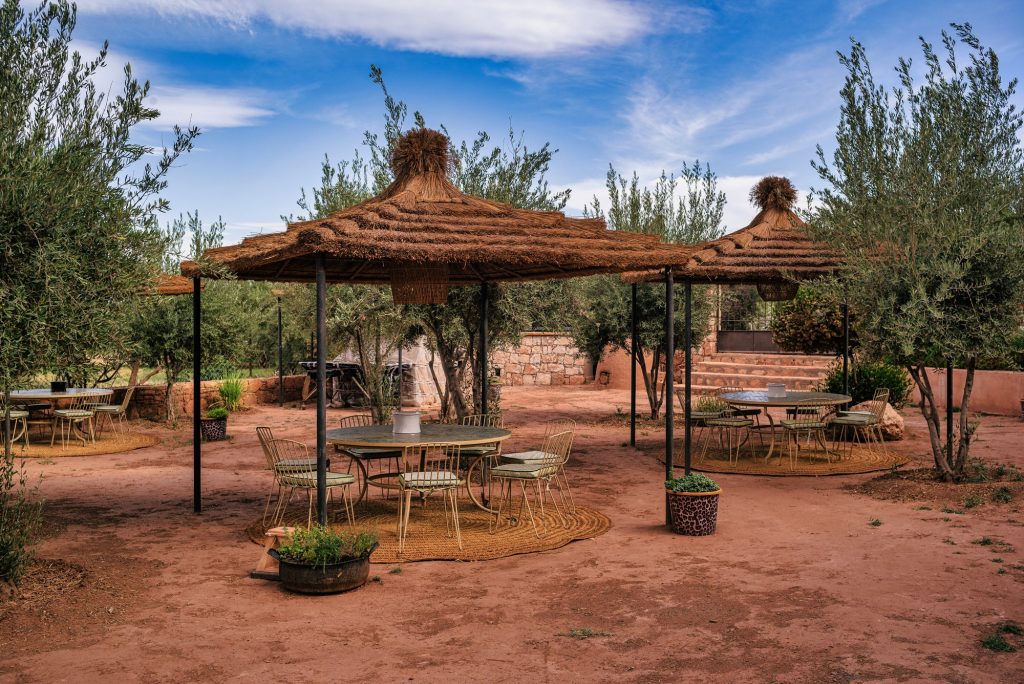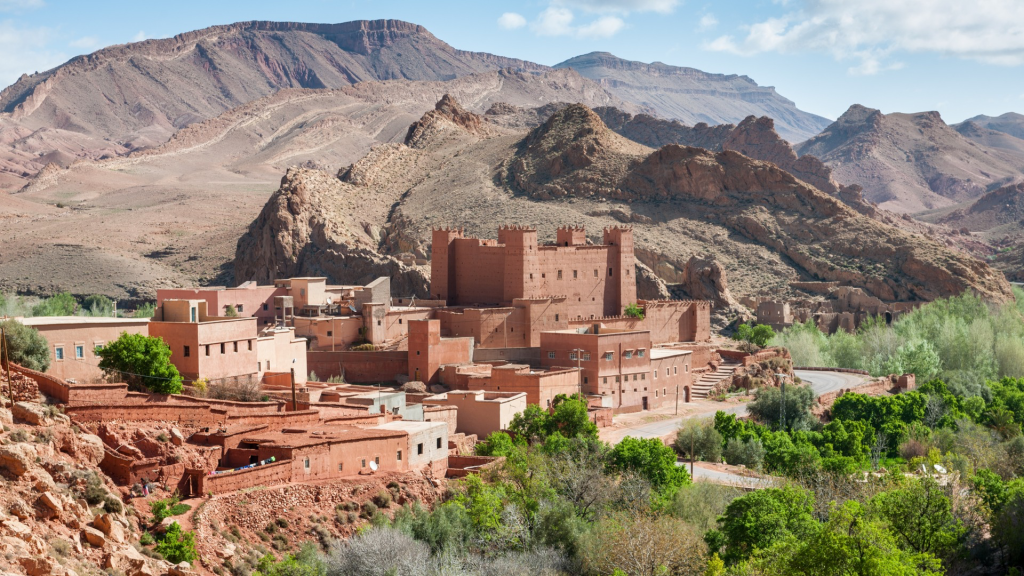The Tuareg are a traditional nomadic ethnic group living along the Sahara desert. The Tuareg language is a Berber dialect. They are thought to be direct descendants of the Berbers, the indigenous people of North Africa. Some Tuareg tribes have become Islamised, while others are still linked to North African tribal beliefs.
For centuries, the Tuareg were the undisputed masters of the desert, whereas today they raise dromedaries and live in temporary villages.
Tuareg society
Tuareg society is extremely hierarchical, with veritable castes. The three main social classes are :
– Imajaghan The noble tribes;
– Imghad Vassal tribes;
– Iklan domestic slaves.
The nobles had a monopoly on weapons and camels: they were traditionally guerrillas. The vassals, who were free, practised animal husbandry, both their property and the property of the nobles, but they were free and received a salary. Slaves were obtained as war rewards. Although the new legislation introduced by the French colonialists eliminated slavery, forms of slavery still exist in certain territories under Tuareg control.
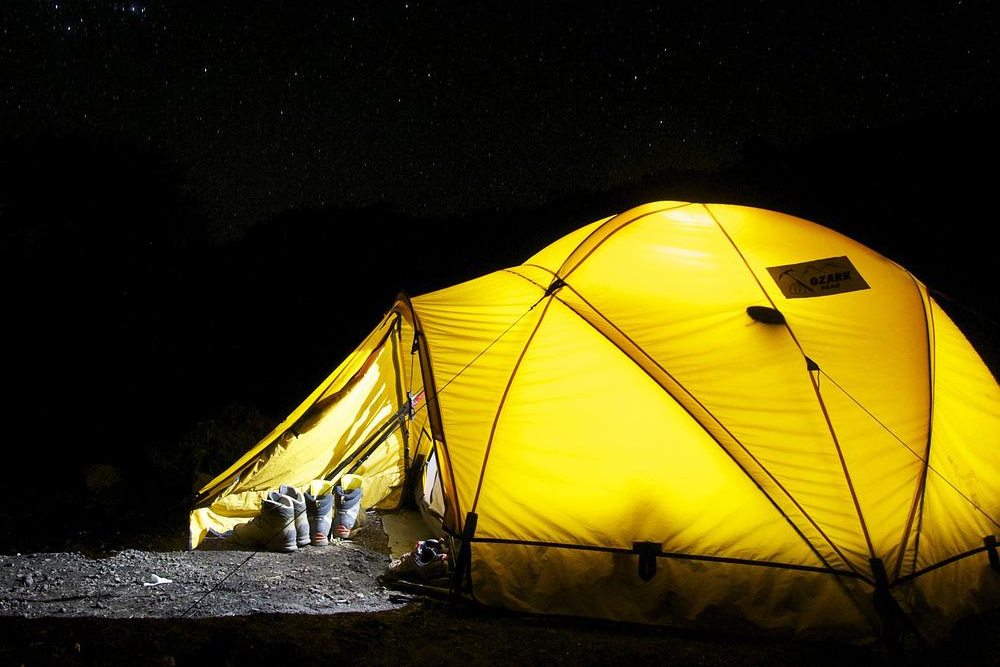
Touareg traditions
Ancestors related to dromedaries, they are nicknamed the blue men, due to the ancestral tradition of men covering their heads with a blue veil. The veil is compulsory only for men.
They share the tea ceremony with guests and travellers. Traditionally, tea was prepared for meditation, as they believed that the whistling of the teapot as the water gurgled helped to calm the mind. Tea is prepared in three different ways:
- The tea of death: bitter and strong ;
- The tea of life: sweet with a bitter aftertaste;
- Love tea: sweet and intoxicating.
Tuareg women
Although Tuareg society is highly Islamic and hierarchical, Tuareg women, who are Muslims, do not wear the veil, can have multiple sexual partners and can seek divorce. Although they are a very ancient people, their society is extremely progressive, and with particular speed, it rejects controversial practices to embrace the contemporary.
Touareg women can easily have several partners before marriage. However, there are inviolable rules of morality: men may enter and leave the women's tents, but they must arrive at dusk and leave before dawn.
What's more, Tuareg women are not matrons, but they do have houses and animals, a vital asset for the Tuareg, who survive on livestock.
Many traditional Tuareg marriages end in divorce, with the wife keeping the family assets. Among other things, the women often ask for a divorce, sometimes forcing the men to return to live with their mothers.
The pillars of Touareg are the women. Music has this characteristic because it is played mainly by women who are the only ones to play two traditional instruments: the tindé and the imzad. The peoples Touareg operate on a matrilineal system.
